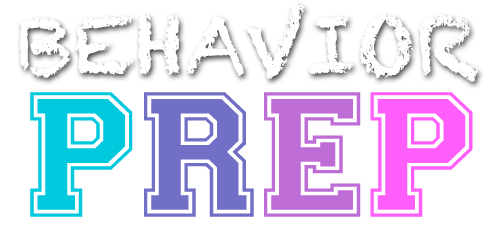E.3 Develop and maintain competence by engaging in professional development activities (e.g., read literature, seek consultation, establish mentors).
Developing and maintaining professional competence involves continuously improving your knowledge and skills by participating in ongoing learning activities such as reading current research, seeking guidance from experienced professionals, and engaging in mentorship. This ensures behavior analysts stay up-to-date with the latest best practices and ethical standards.
Example: A BCBA attends a conference on new developments in behavior analysis and reads recent journal articles on intervention strategies for individuals with Autism Spectrum Disorder (ASD). They also regularly consult with a more experienced BCBA to discuss challenging cases and seek advice on improving their intervention plans. These activities help the BCBA stay competent and provide the most effective, ethical services to their clients.
